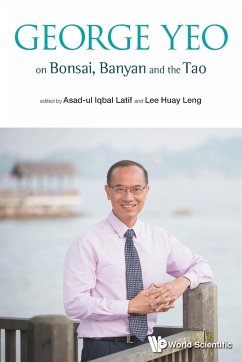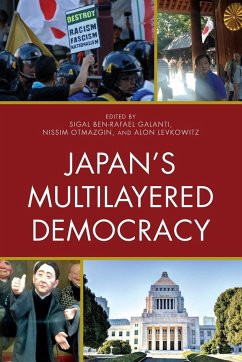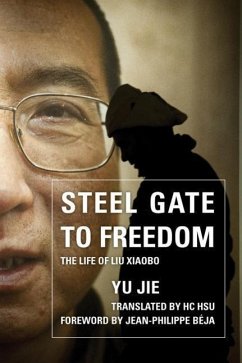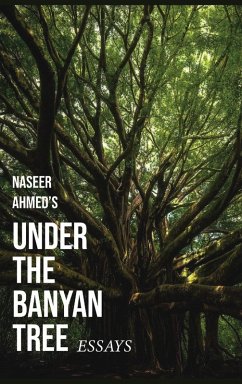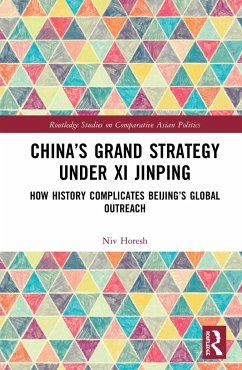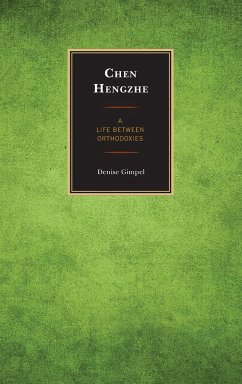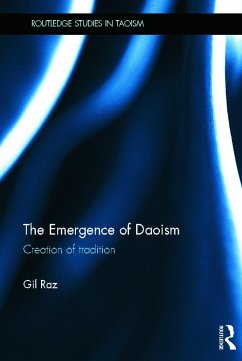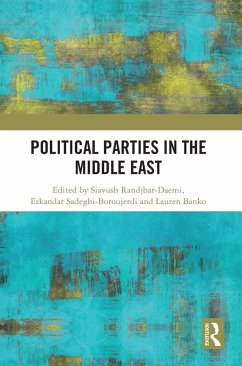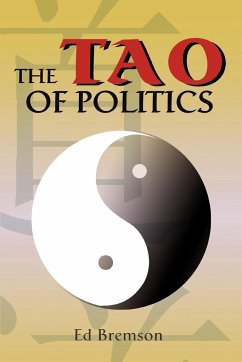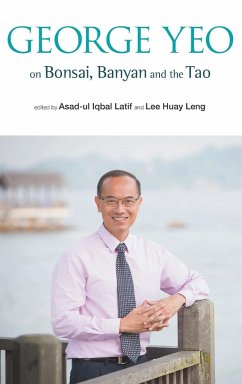
GEORGE YEO ON BONSAI, BANYAN AND THE TAO

PAYBACK Punkte
59 °P sammeln!
George Yeo's 1991 speech on pruning the banyan tree of the Singapore state, a political canopy under which nothing could grow, heralded an era of activism by civil society, which had hitherto been seen as a threat to the dominance of the PAP state. The ministerial speeches by Yeo - an indefatigable writer - are distinguished by his deep and clear thinking about the place of democracy in good governance. Yeo is what may be called a liberal conservative. An iconic product of Singapore's meritocratic but authoritarian system, he was a political conservative, believing in the need for discipline and stability above all in a city-state without a margin of error due to a lack of natural resources. Nevertheless, he was far-sighted enough to recognise that order and stability could survive only if the system were liberalised judiciously from within so as to attract and retain the idealism and energy of a younger and liberal citizenry. A thinker and strategist, Yeo led the Singapore team which negotiated Free Trade Agreements with the United States, Japan, Australia and other countries. Controversially, he proposed the idea of having Integrated Resorts, including casinos, in Singapore, although his late father had had a problem with gambling. Both a pragmatist and an idealist, he believes that policy-making often involves a choice between evils. This book, with Yeo's insightful quotes, is a compilation of speeches selected from the entire range of what Yeo penned and delivered throughout his political life, covering everything from domestic issues, which have not lost their resonance today, to international realities - in Southeast Asia, Northeast Asia, and the United States - within which Singapore will have to survive and thrive.
Since his undergraduate days in Cambridge, George Yeo has spoken and written much in and out of government. Many remember the things which he said or wrote years ago. This book is a compilation of some of his best speeches and writings which were selected by Asad Latif and Lee Huay Leng in consultation with him. The book has a rather unusual title because there are many aspects to George Yeo which makes him difficult to classify. As a student leader, he was radical but conciliatory. In the Singapore Armed Forces, he was atypical, moving from the Army to the Air Force before becoming Director of Joint Operations and Planning. In politics, he is fondly remembered by artists, journalists, doctors, businessmen and foreign diplomats, and by his colleagues and constituents. His own staff said he had a curious mind. They complained that he rarely used the drafts which they had prepared for him. George Yeo describes himself as a Taoist even though he is a Roman Catholic and is now on the Papal staff. Buddhists are surprised he championed the revival of Nalanda University as an international project. He remains close to Singaporeans of different races and religions even though he has a deep sense of his own ancestral roots and religion. In politics, he has been described both as a liberal and a conservative. In his Parliamentary maiden speech, he spoke of the importance of democracy but has repeated many times that democracy is only a means and not an end in itself. He has a deep interest in history which partly explains his seeing the re-emergence of China and India earlier than most others. The bonsai and the banyan are metaphors he uses for Singapore. Singapore is a city-state and must never have an inflated view of itself. The bonsai describes Singapore modestly, but he adds that the bonsai can be intensely interesting and valuable. The banyan provides shade and we are grateful for it, but too much makes us weak. As for the Tao, that perhaps is what gives unity to his many interests.





